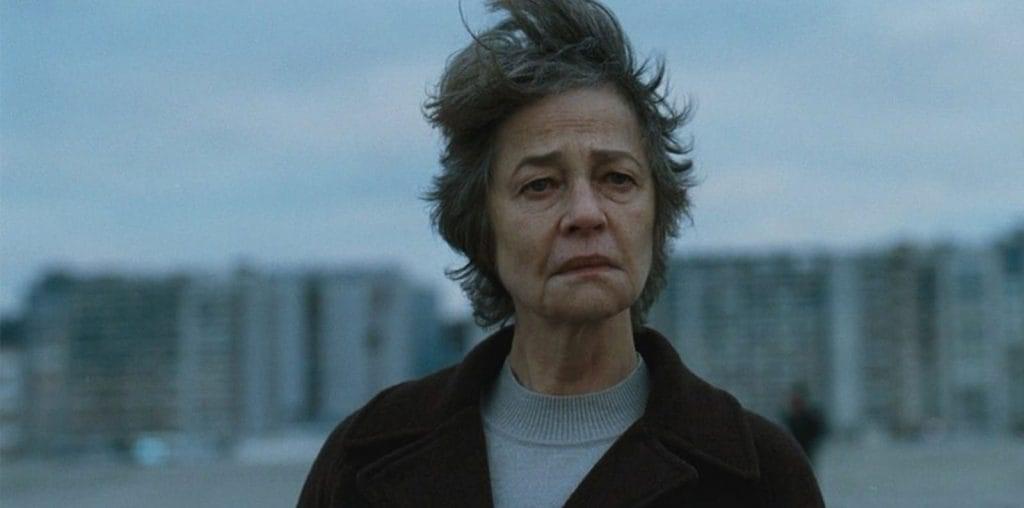
Fernando Eimbcke’s “Duck Season” involves an unlikely Sunday afternoon with 14-year-old best friends Moko and Flama, who are left alone in the latter’s mother’s apartment. They are ready for a day of video games and junk food, but their domain is interrupted by the arrival of the 16-year-old neighbor Rita, who insists on using Flama’s kitchen to bake a cake (she claims her stove is broken). When the electricity for the building goes out, the boys order a pizza delivery. The delivery man arrives, but Flama claims he is 11 seconds late from the pizza parlor’s guaranteed 30-minute delivery time and refuses to pay. The delivery man, a somewhat creepy guy in his twenties, refuses to leave the apartment unless he is paid.
From there, “Duck Season” waddles about as a deadpan series of non-sequitur gags and situations. Rita’s attempts to bake two cakes, but each turns out a mess. The delivery man recalls a long and strange story of how he once had a job destroying stray dogs at a local animal shelter. Rita attempts to seduce a nervous Moko, but he later boasts to Flama that he was the sexual predator with her. Rita decides to make brownies and spices them with marijuana, causing everyone to act silly.
Sometimes “Duck Season” is amusing. More often, though, it is boring and icky (especially with the presence of the adult delivery man hanging out with the teens and mirroring their often immature behavior). Eimbcke’s dreary black-and-white cinematography and insistence on harsh sound effects (dripping faucet, car alarms) only makes the experience more uncomfortable than it needs to be.
“Duck Season” won 11 Ariel Awards, the Mexican equivalent of the Oscar. That doesn’t say much for the Ariel Awards.

